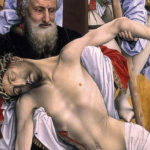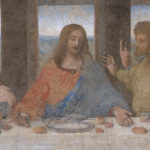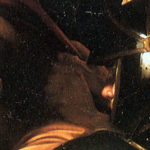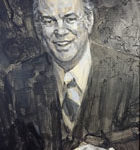
It is not uncommon for persons to confuse themselves, in mind and action, when they are drawn into conflict with sophisticated ideas and practice. A writer to an advice columnist complained about being shut out of her community circle. With her husband, likely in retirement, she had moved into a new community, and joined in the social interchange that had been formed among the neighbors. As the new persons on the block they were invited into the home of the others for the planned periodic celebrations with food and banter. They liked it, with one objection – two of the couples in the group were gay, obvious by their arrival at the parties, simple identity with each other, leaving parties… Read more






